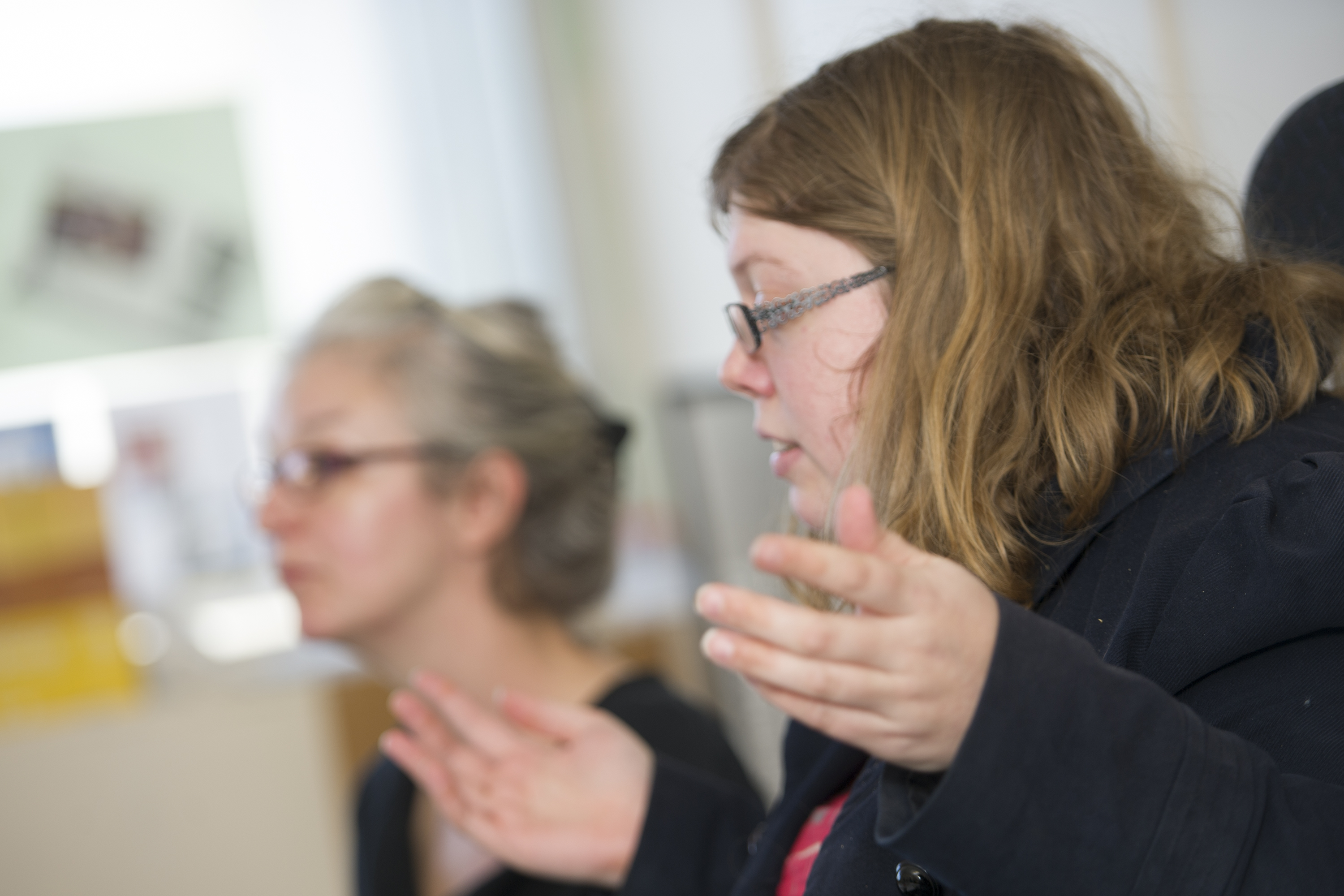Dare not speak thy name – why do we struggle with discussing impairment?
Those of us in the disability sector who adopt a social model of disability approach to disability often struggle with discussing impairment – partly because some feel that it is betraying the social model to do so, but it is also a reaction to the dominance of the impairment narrative in society particularly by charities and the media. Guest post by Zara Todd.

This is a guest post by our former Chair, and disability activist, Zara Todd.
Those of us in the disability sector who adopt a social model of disability approach to disability often struggle with discussing impairment. I believe that this is partly because some feel that it is betraying some of the collective underpinnings of the social model to do so but also a reaction to the dominance of the impairment narrative in society particularly by charities and the media.
Most people who subscribe to the social model of disability and disability academics have been acknowledging the limitations of the social model of disability with regard to impairment since the model emerged. So why are we not creating space to openly discuss impairment in our organisations?
It’s time for us to consider where and how we address impairment but for me it can no longer be ignored.
I am lucky to be comfortable enough with my conditions and resulting impairments (both visible and invisible) that I can and do discuss my impairments. But I am also political enough to know it is a choice and just because someone asks doesn’t mean I have to disclose. No one should be forced to talk about their impairment: after all it is highly personal and therefore private. Nor should anyone have to hide it or, worse, feel we have to disclose to justify why we are in the room. However, our current tactic of ignoring it is making our organisations exclusive and disempowering young disabled people.
In the last year I have met 8 young disabled adults (20-35) who had never had the opportunity to talk about their impairment and how it affects their lives with others. In one case someone only found out the name of their impairment because a stranger approached them on the tube wanting to ask questions because their child had just been diagnosed with the condition. In another case they knew the name of their impairments but no one had explained the impact or effects.
I can’t imagine what it would be like to have something so personal disclosed to you by a stranger. I understand people’s desire not to label and be labelled but I cannot imagine what my life would be like without the peer support I’ve received by being able to speak to others with my conditions the little hints that save hours, discovering that the weird quirk you have is not weird after all.
I believe that understanding and having ownership of our identity as disabled people is key to empowerment and self confidence. Understanding our impairments and how they affect us is key to becoming and being seen as experts in our own bodies. Information is power and as much as we are all more than the labels used to describe us it’s easier to challenge the assumptions if you know what you are challenging.
I’ve met quite a lot of disabled people who have internalised oppression because they have had the social model presented to them as unchallengeable so when they are struggling with impairment/condition effects they feel like they are failing as disabled people or that they can’t identify with a concept which ignores a significant part of their experience. This is problematic for me as I see disability identity and our organisations as a means of support and sanctuary from the often harsh ableist world and the idea that anyone feels not political or disabled enough to access the support on offer makes me sad.
Disabled people’s organisations should be a safer space to explore the issues around disability including impairment. I believe the consequences of providing the space for discussion by disabled people’s organisations could bring more disabled people into the movement.